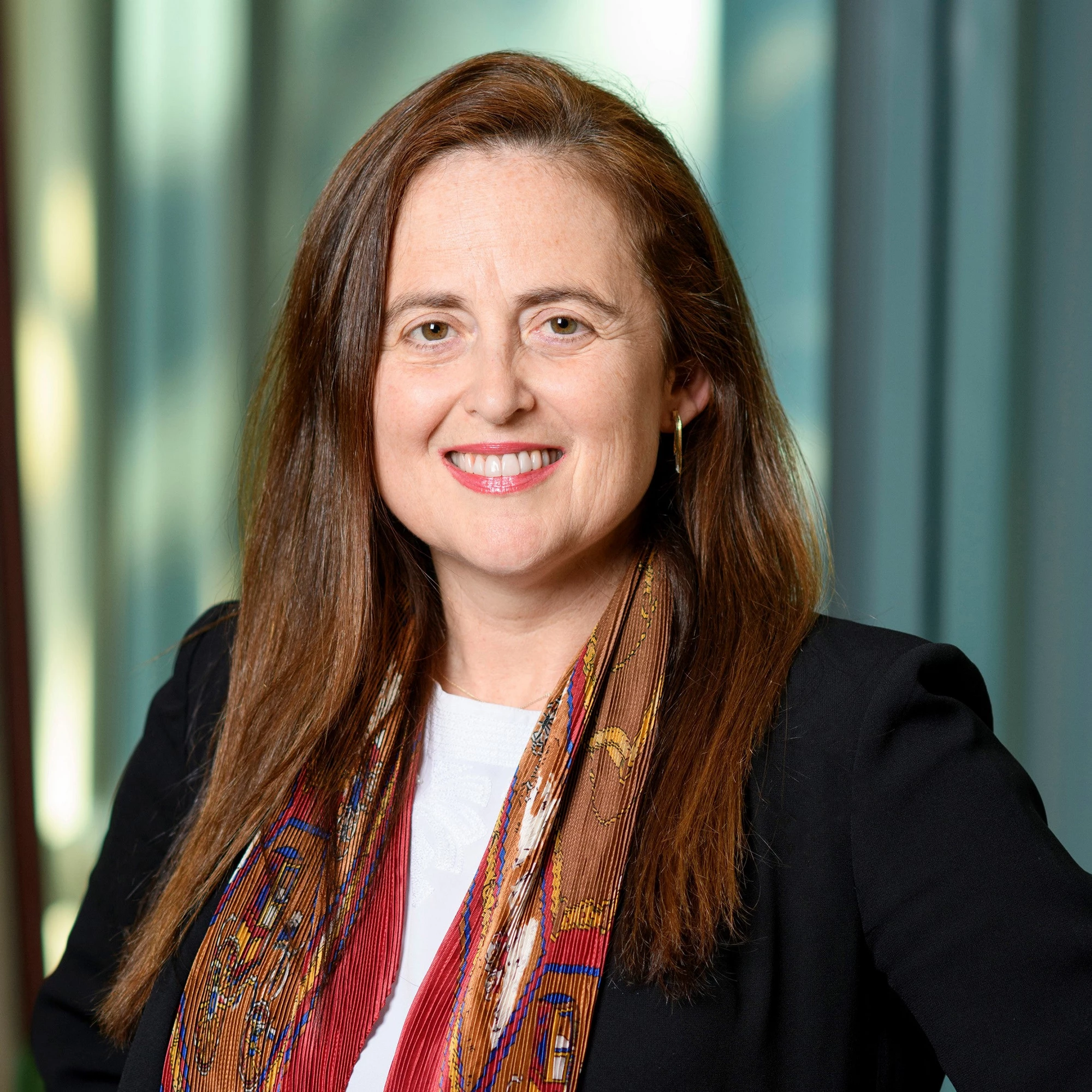
It is no secret that disruptive “technologies of tomorrow” are now regularly touted as a keystone to addressing a changing climate. A recent study by IFC shows that building on technological innovation, global markets for climate-smart business already exceed US $1 trillion in size in key industries ranging from energy storage and electric vehicles to green buildings and supply chain logistics. By scaling up business models relying on these technologies, developing countries can unlock trillions more in investment opportunities while promoting shared and sustainable economic prosperity.
One need not look farther than the explosion of internet bandwidth in Africa to understand the transformative potential of disruptive technology. In 2000, the entire continent of Africa had less internet bandwidth than Luxembourg. Today, thanks to a rapid proliferation of undersea fiber-optic cables and satellites, African internet bandwidth has grown more than twenty-fold since 2009. Mobile broadband networks alone supported an estimated 3.5 million jobs and generated nearly 8% of GDP in Sub-Saharan Africa in 2016.
Translating this explosive growth to climate-smart sectors will require leveraging public resources and creating enabling environments to redirect the trillions of dollars in private finance sitting in low yielding investments towards productive and profitable climate-smart technologies. This theme was at the heart of the discussion at last month’s Innovate4Climate Summit in Frankfurt, Germany. There, leaders in government, business, development, banking, and asset management convened to share a global dialogue on how to scale deployment of innovative technologies for climate-smart businesses across key sectors. Let us look at a couple of key sectors where the deployment of innovative technologies can be the catalyst to leapfrog investments in climate-smart industries.
Climate-smart Cities

By 2030, two-thirds of the world’s population will live in cities. To sustainably meet the demand for these growing urban environments, the world will need US $6 trillion in annual infrastructure investments in the same time period. Across emerging markets, municipal governments are partnering with the private sector to introduce and scale innovative climate-smart technologies and business models. For example, in Asia, tech-startups Huochebang in China and BlackBuck in India are redefining inter-city shipping logistics through a virtual marketplace. Much like the Ubers and Lyfts of passenger ride-sharing, Huochebang and Blackbuck use mobile-phone based online platforms to connect shippers and truckers in China and India’s rapidly growing urban environments, reducing empty miles, waiting times between loads, and traffic congestion. Beyond environmental benefits, these innovative technology applications are promoting inclusive growth by empowering truck owners to access orders and price quotations—eliminating information asymmetry in the market and enabling truckers to more effectively utilize their vehicles.
Clean Energy

To date, 1.06 billion people still do not have access to electricity , and the vast majority of the world’s energy-poor populations live far from electricity networks, including about 57 percent of people in sub-Saharan Africa, according to reports by the International Energy Agency.
In such underserved communities, innovative business models and reliance on new technologies are proving effective at providing energy using climate-smart technologies. Mobisol, a pay-as-you-go solar energy service company, that IFC supported, is delivering solar-based energy storage systems to off-grid communities in East Africa. Capitalizing on the proliferation of mobile phones across the region, Mobisol allows customers to pay in installments digitally, reducing up-front investment hurdles and transaction costs. So far, the company has installed over 70,000 solar home systems – reducing carbon emissions by over 50,000 tons per year.
Looking beyond its initial applications in the financial sector alone, distributed database ledger technologies such as blockchain hold tremendous potential in helping unlock climate-smart investment from capital markets by qualifying carbon assets, such as emissions reduction credits from utility and distributed-scale renewable energy plants. By registering secure and tamper proof-data from a renewable energy smart meter or power plant across a network of servers, blockchain can help interlink global exchange markets for emissions trading by reliably tokenizing emissions savings. Backed by this innovative technology, emissions tokens can then be translated into targets for climate action at the local, state, and national levels.
Agribusiness

Globally, food and agriculture represent a US $5 trillion global industry that forms the basis of many economies, particularly in the developing world. Looking forward the industry is faced with the colossal challenge of evolving to meet rising food demand, expected to grow 20 percent by 2030 while adapting to a changing climate. Innovative technological and financing models in the sector are showing promise at helping agribusinesses optimize inputs, reduce post-harvest losses, and improve productivity.
As with many other sectors, agribusiness has been profoundly impacted by globalization, leading to the emergence of global value and supply chains for agricultural products. While these supply chain networks have helped deliver economic growth across advanced and emerging economies, their operation is complex and costly—hindered often by a lack of traceability and interoperability between network players. With its unique abilities to record, track, monitor, and exchange assets without the need of an intermediary, blockchain technology is showing great promise for being used to promote the more sustainable and inclusive management of global supply chains. Already, blockchain has been used to successfully evaluate and execute a pilot agribusiness transaction in an Australian supply chain. By reducing these transaction costs and eliminating credit risk for growers, blockchain can help secure cash flow and free up working capital for growers to more efficiently manage their businesses.
Another innovative approach that combines disruptive business model with technology is the World Bank Group’s Global Index Insurance Facility (GIIF). Historically, providing access to insurance for farmers vulnerable to the impacts of climate change has been either unavailable or prohibitively expensive in many developing countries. Responding to this gap, catastrophic risk transfer solutions and weather index-based insurance products, such as the ones provided by GIIF, are helping secure livelihoods while promoting climate resilience in rural communities. This innovative tool allows to pay out benefits to farmers on the basis of predetermined index or loss of assets and investments resulting from weather and catastrophic events, without requiring the traditional services of insurance claims assessors. It also allows for the claims settlement process to be quicker and more objective.
A Holistic Take on Innovation
While these applications of innovative and climate-smart technology hold tremendous promise for growth across major industries of emerging markets, we must remember that innovative technologies can only be as disruptive as they are accessible. Helping developing countries leapfrog to a green growth pathway will require more than technological innovation alone, necessitating cutting-edge financing and business models to make them more widely accessible.
Multilateral development banks find themselves precisely at the nexus of these priorities. As the largest development bank supporting the private sector in emerging markets, IFC is uniquely positioned to support climate-smart technological innovation, leveraging the public and private sector resources needed to help emerging markets continue making progress towards meeting their climate targets as outlined in the landmark Paris Agreement while promoting shared economic prosperity.


Join the Conversation